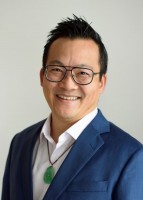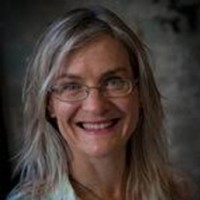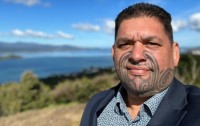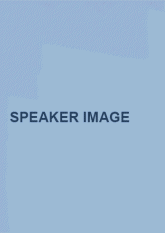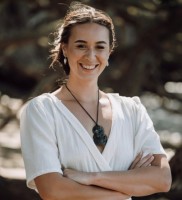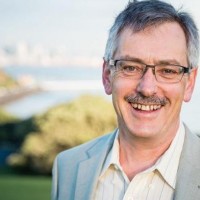Event date: 8 December 2020.
Auckland is in a climate emergency.
We are already seeing the impacts of climate change in the region, such as higher temperatures, increased drought and more intense rainfall events. These impacts are expected to get more serious over time and will persist for the next several decades and beyond. At the same time, Auckland's emissions are increasing, despite the commitments we've made as a C40 City to halve the region's emissions by 2030 and reach net zero by 2050.
How we address climate change now will affect Auckland and Aucklanders for decades to come. We must make urgent, radical changes to how and what we do as individuals, communities and businesses. Changes that have the potential to not only address our climate challenges, but also have wider positive effects, such as reducing the health impacts of transport, restoring and regenerating our urban and rural natural environments, ensuring more affordable and reliable electricity and water for all Aucklanders.
But to get there we must all act. And fast.
In 2019, we consulted with Aucklanders on a framework to help our city prepare for a climate-safe future. In July 2020, following the review and integration of a wide range of insights and inputs from Aucklanders, this framework was unanimously adopted as Te Tāruke-ā-Tāwhiri: Auckland's Climate Plan by the council's Environment and Climate Change Committee. In early December 2020 a fully digitised version of the plan will be launched.
But what does this plan mean for Auckland's future? What direction does the plan provide to help reduce Auckland's fossil fuel dependence and become more climate-ready?
While people are taking personal responsibility for reducing emissions and making lifestyle changes, systems and structures set decades ago are still playing out. Incremental change will not be sufficient. The time for action is now. We need major shifts and structural changes in a range of areas, such as how Auckland grows and develops, how we get around and how we power our homes and businesses. A challenge this significant requires all sectors and individuals who helped to develop the plan - and many more - to help us deliver it.
